Melissa Stamm
-
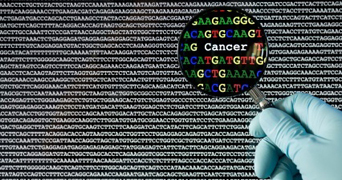
Gene linked to familial prostate cancer
A rare, inherited mutation confers an eightfold increased risk of prostate cancer, a recent study shows. Read MoreAug 23, 2012
-
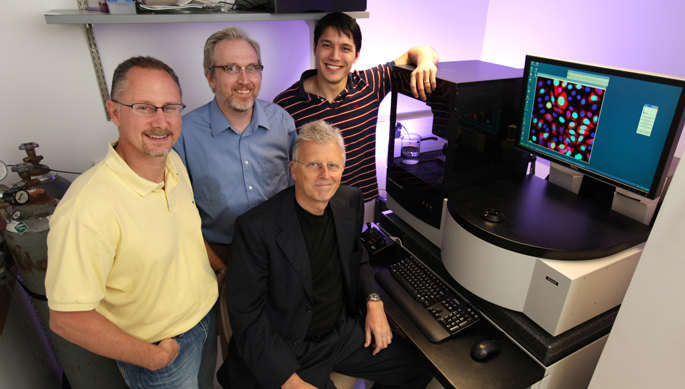
Method may refine personalized trials for cancer therapy
A new tool to observe cell behavior has revealed surprising clues about how cancer cells respond to therapy, and may offer a way to further refine personalized cancer treatments. Read MoreAug 16, 2012
-

African ancestry, stomach bug link
Socioeconomic factors, African ancestry linked to risk for cancer-causing infection. Read MoreAug 16, 2012
-

Key to a woman’s heart (condition)?
Females may be at higher risk of potentially fatal heart condition due to gender differences in a protein involved in the heart’s electrical activity. Read MoreAug 10, 2012
-
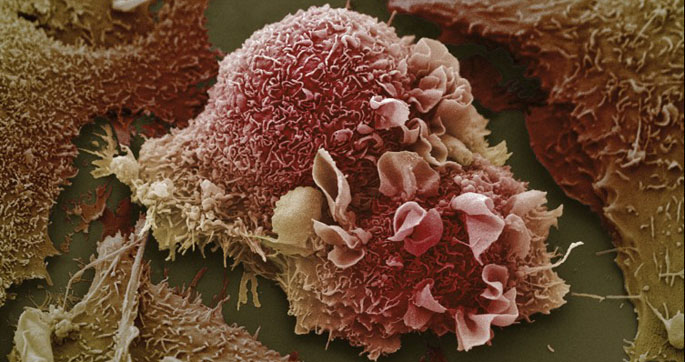
Study tracks how gene may promote lung cancer tumors
Vanderbilt-Ingram Cancer Center researchers have identified how one of the genes most commonly mutated in lung cancer may promote such tumors. Read MoreAug 9, 2012
-
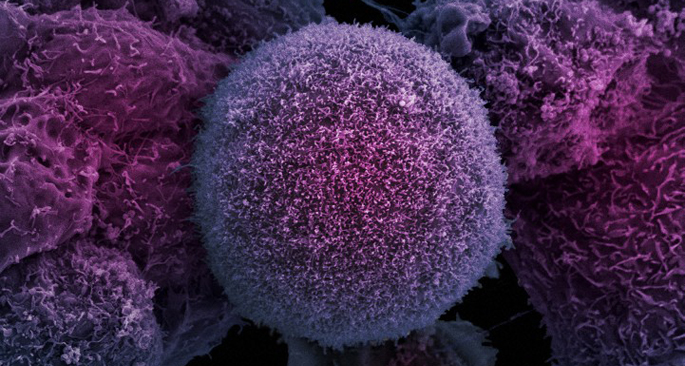
Proteins may point way to new prostate cancer drug targets
Two proteins that act in opposing directions – one that promotes cancer and one that suppresses cancer — regulate the same set of genes in prostate cancer, Vanderbilt-Ingram Cancer Center researchers have found. Read MoreAug 2, 2012
-

Biomarkers may offer autism clues
A combination of biomarkers may reveal new clues about causes of and potential interventions for autism. Read MoreJul 31, 2012
-

Proteins guard against cancer spread
Targeting immune system proteins may keep prostate cancer from spreading to bone. Read MoreJul 24, 2012
-

Gene’s impact on ‘good’ cholesterol could affect heart disease risk
A genetic variant may help keep an individual’s “good” cholesterol in check. Read MoreJul 12, 2012
-

Spelling out HIV risk in urban China
Research reveals clues to HIV risk in Chinese men who have sex with other men. Read MoreJun 27, 2012
-

Kids’ cells okay after mom’s cancer radiation
Study finds no evidence of increased mitochondrial mutations in the children of women treated with radiation for cancer. Read MoreJun 22, 2012
-

Making order out of ordinal data
A new statistical tool developed by Vanderbilt biostatisticians will help medical researchers make sense of a commonly encountered – but hard-to-analyze – type of data. Read MoreJun 12, 2012
-

Perfect timing for sensory processing
Identification of brain regions involved in processing sights and sounds may offer insights into disorders like autism and dyslexia. Read MoreMay 11, 2012
-

New drug mutes more melanomas
An experimental melanoma drug may be beneficial for patients not eligible for targeted therapies. Read MoreApr 26, 2012
-

Wilms’ tumors differ in developing nations
In addition to limited health care resources, biological factors may play a role in the poor survival of children with a common kidney cancer in developing nations. Read MoreApr 13, 2012
-
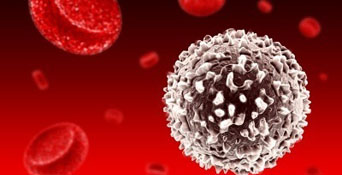
Targeting post-transplant diabetes
Targeting diabetes that develops after a stem cell transplant may help moderate graft-vs.-host disease, an adverse effect of the procedure, and improve outcomes. Read MoreApr 12, 2012
-
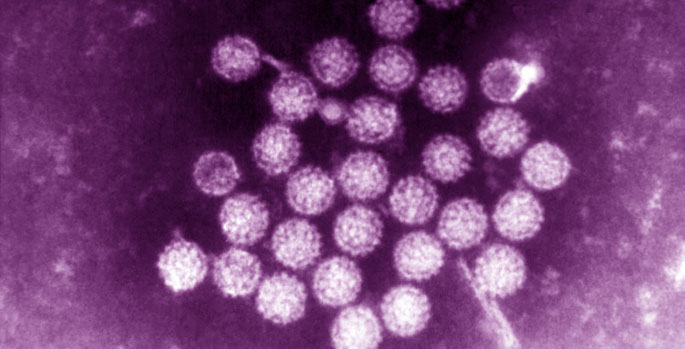
Factor sensitizes cancer to radiation
Measuring levels of an enzyme in head and neck tumors may indicate how the tumor will respond to radiation therapy. Read MoreApr 6, 2012
-

Gut germs govern growth
Treating H. pylori infection in children may help their growth rebound, a recent study suggests. Read MoreApr 6, 2012
-

Stem cell population may hold colon cancer clues
Vanderbilt-Ingram Cancer Center researchers have identified a new population of intestinal stem cells that may hold clues to the origin of colorectal cancer. Read MoreMar 29, 2012
-

Smoking stokes cells’ cancer capacity
Cellular pathways altered by chronic exposure to cigarette smoke may reveal new biomarkers to assess smoking-induced lung cancer risk. Read MoreMar 23, 2012